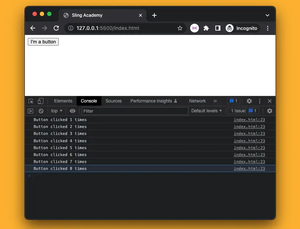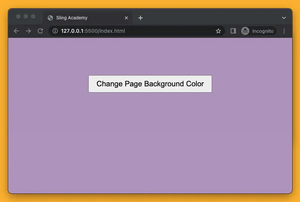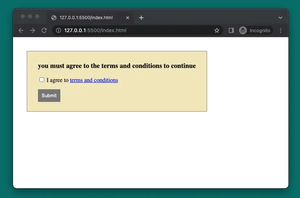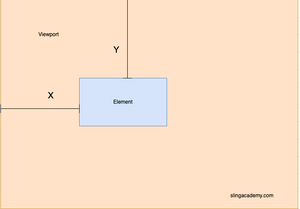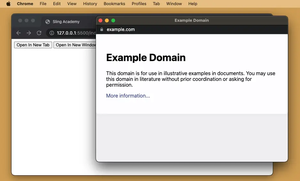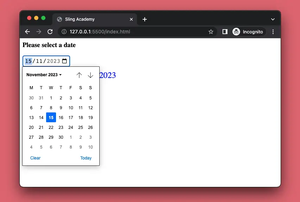This succinct, example-based article walks you through 3 different ways to compare 2 strings ignoring cases (regardless of lowercase and uppercase, for example, A and a are considered equal) in JavaScript.
Using toLowerCase() or toUpperCase() and the === operator
The technique is intuitive and easy to understand. First, we convert both strings to lowercase or uppercase using the toLowerCase() or toUpperCase(). Next, we use the === operator to compare them.
Example:
const str1 = 'Sling Academy';
const str2 = 'sling academy';
if (str1.toLowerCase() === str2.toLowerCase()) {
console.log('Strings are equal ignoring case.');
} else {
console.log('Strings are not equal.');
}Output:
Strings are equal ignoring case.Using localeCompare()
Another solution is to use the localeCompare() method with the ignoreCase parameter set to true. This method returns 0 if both strings are equal, regardless of their case.
Example:
const str1 = 'WELCOME TO SLING ACADEMY';
const str2 = 'Welcome to sling academy';
const result = str1.localeCompare(str2, undefined, { sensitivity: 'base' });
if (result === 0) {
console.log('Strings are equal ignoring case.');
} else {
console.log('Strings are not equal.');
}Output:
Strings are equal ignoring case.Using regular expressions
If a regular expression is created using the RegExp() constructor with the i flag, which means it is case-insensitive.
Example:
const str1 = 'The fire is getting bigger and bigger.';
const str2 = 'THE FIRE IS GETTING BIGGER AND BIGGER.';
const regex = new RegExp(str1, 'i');
if (regex.test(str2)) {
console.log('Strings are equal ignoring case.');
} else {
console.log('Strings are not equal.');
}Output:
Strings are equal ignoring case.The test() method is used to check if the second string matches the regular expression created from the first string, ignoring case.


